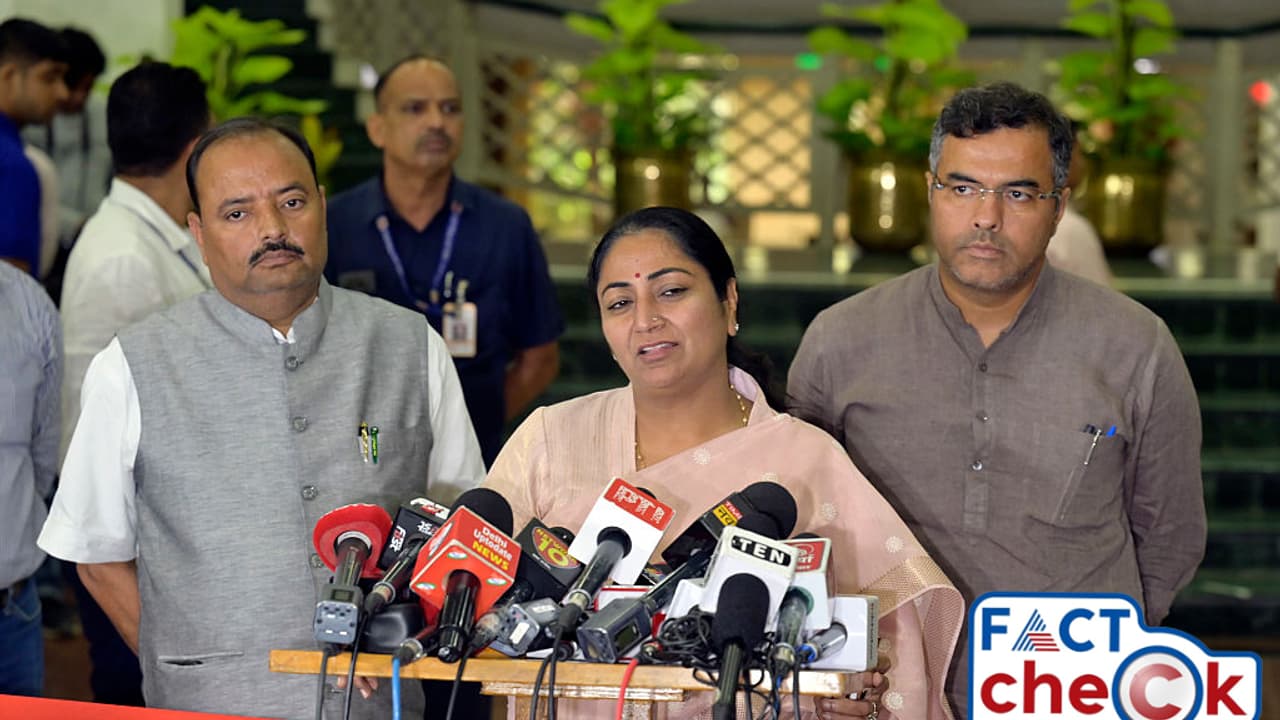Nepal’s Gen-Z protests, sparked by the ban, reflect deeper anger over corruption and inequality. While the ban cited technicalities, protesters believe it aims to censor dissent.
Bengaluru: The Press Information Bureau (PIB) has warned about a fake X account created in the name of Delhi Chief Minister Rekha Gupta. The account, RekhaGuptaDelhi, was observed wrongly linking protests in Nepal against the social media ban and corruption to a demand for a Hindu nation. PIB Fact Check confirmed that this was not the official account. “The posts from this account are fake and do not represent the Chief Minister or the Delhi government. Do not believe such misleading messages and verify facts only from official sources,” the post added. Meanwhile, Nepal’s army chief on Wednesday, September 10, met with youth protest leaders and other key stakeholders following demonstrations that toppled the prime minister and set parliament on fire.
Scroll to load tweet…
Why are Nepali Gen-Z Youth Protesting?
Nepali social media users have criticized Indian media for downplaying the nationwide protests in Nepal, which began after the government banned 26 platforms, including Facebook, WhatsApp, Instagram, YouTube, and Reddit. Authorities cited taxation and registration issues, but protesters told reporters that the true aim was censorship, allowing the government to remove critical content and criminalize dissent. A Reddit user living near the India-Nepal border had stated that the ban “was only the spark” and that frustration had been building over decades of corruption, nepotism, and inequality. The user highlighted the “Nepo Babies” trend, which exposed the lavish lifestyles of politicians’ children, as a source of public anger.
According to the account, protests on September 8 turned deadly when security forces allegedly fired on demonstrators, killing at least 20 and injuring thousands, including a 15-year-old schoolboy. The government has not confirmed these figures, and independent verification is limited. The user told reporters that the protests were about more than social media restrictions, reflecting “decades of betrayal—corruption, nepotism, and suppression.”
